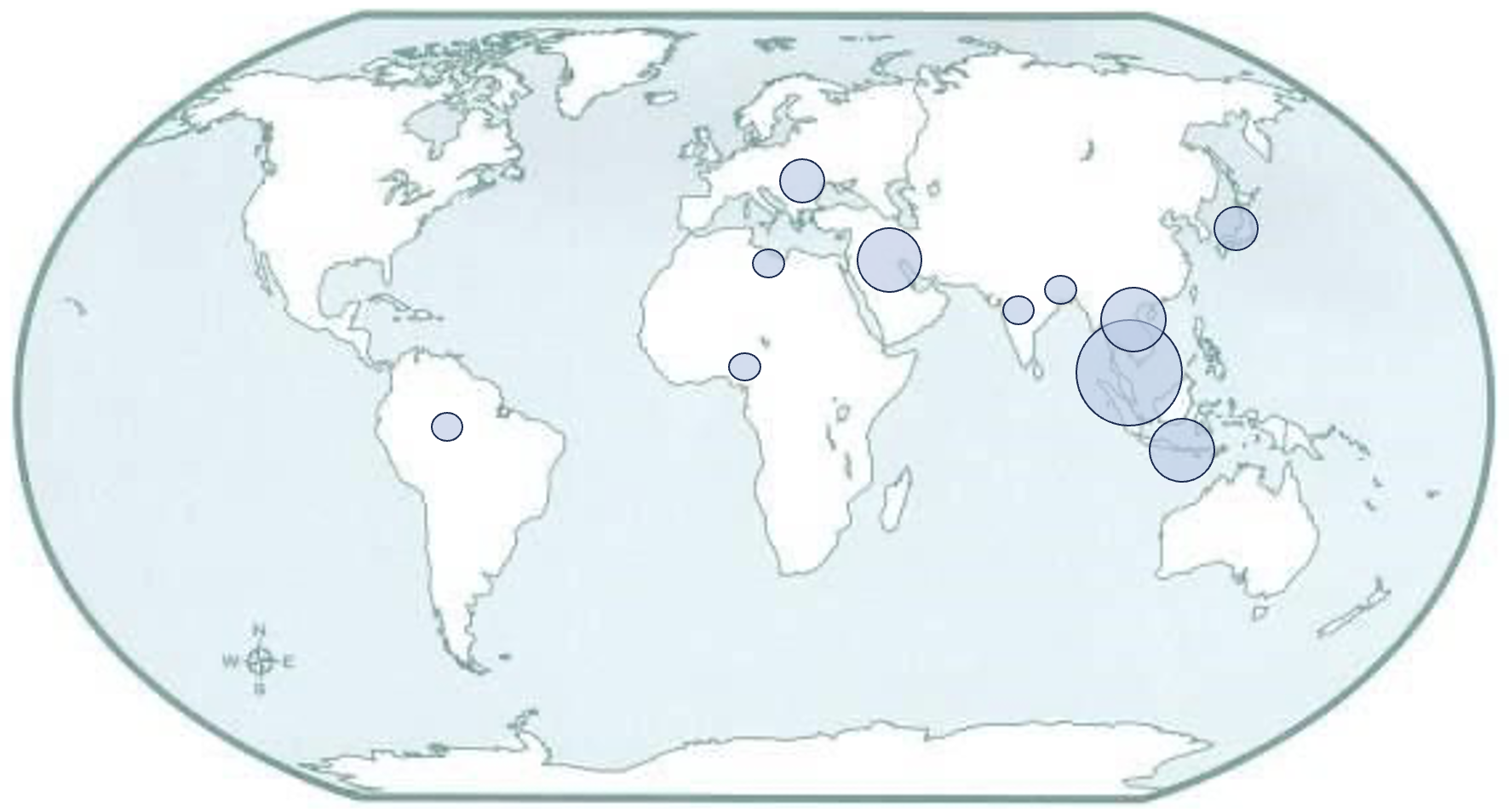Effect of Sodium Benzoate Concentration on Zinc Corrosion in Marine Environment
DOI:
https://doi.org/10.37934/armne.24.1.1219Keywords:
Sodium benzoate, zinc, corrosion, weight loss, corrosion rateAbstract
The growing environmental concerns have led to intensive investigations into the corrosion behaviour of metals and alloys in tropical seawater. The main aim of this study is to investigate the effect of sodium benzoate concentration on the corrosion of zinc (Zn) in seawater. The corrosion rate was determined from the weight loss measurement against immersion time. According to the finding, weight loss increases with immersion time, which means that the prolonged time causes more Zn to be eroded. Weight loss and corrosion rate show a slight decrease when the Zn is immersed in the lowest sodium benzoate concentration of 10 wt%; conversely, they increase when the concentration of sodium benzoate increases from 20 wt% to 50 wt%. These results indicate that sodium benzoate only has a corrosion-inhibitory effect on Zn at a relatively low concentration. Also, the surface morphology, as examined by a metallurgical microscope, exhibits the formation of pits and scratches on the corroded sample.
Downloads

























